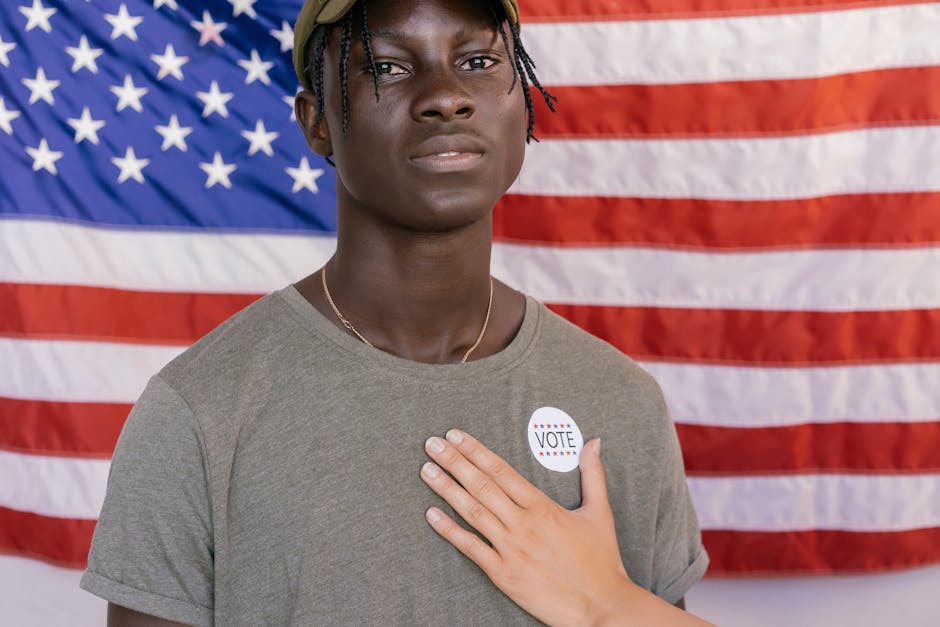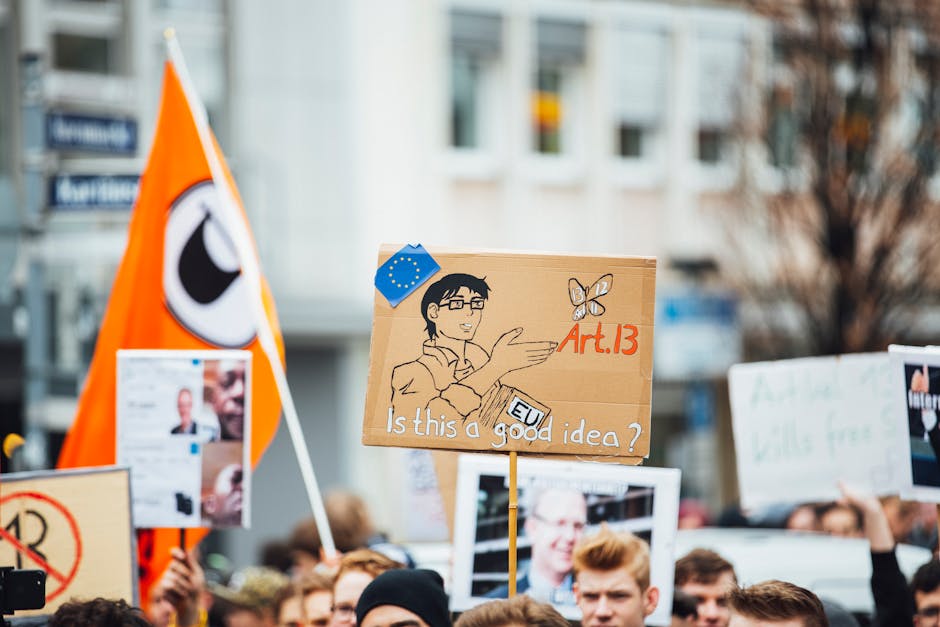The Future of Democracy in 2024
As we approach 2024, many are asking: what does the future hold for democracy? With elections looming and political tensions rising, it’s essential to understand the key trends shaping our democratic systems. This article explores the state of democracy today, the challenges it faces, and what we can expect in the coming year.
Why is Democracy Important?

Democracy is about more than just voting. It’s about giving people a voice in how they are governed. In a democracy, citizens have the power to influence decisions that affect their lives. Think of it like choosing the flavor of ice cream at your favorite shop. Everyone gets a say, and together, you create a mix that suits the majority.
What Challenges Will Democracy Face in 2024?

As we move into 2024, democracy faces several significant challenges:
- Polarization: Many countries are experiencing deep divides. People are often split along party lines, making it hard to find common ground.
- Disinformation: The spread of false information can shape public opinion. It’s like a game of telephone, where the truth gets lost along the way.
- Voter Suppression: Some groups work to make it harder for certain people to vote. This can undermine the very idea of democracy.
Each of these challenges has the potential to weaken democratic systems. Addressing them is vital for a healthy democracy.
How Can Citizens Protect Democracy?

Citizens play a crucial role in safeguarding democracy. Here are some practical steps individuals can take:
- Stay Informed: Understanding the issues is key. Read news articles from reliable sources to stay updated.
- Engage in Conversations: Discuss political topics with friends and family. Sharing different viewpoints can build understanding.
- Vote: Participate in elections. Your vote matters and can make a difference in your community.
- Advocate for Change: Support policies that protect voting rights. Write to your representatives to express your views.
By taking these actions, citizens can contribute to a stronger democracy.
What Role Will Technology Play?

Technology is changing the way we engage with democracy. In 2024, expect to see:
- Online Voting: Some places are exploring the option of voting online. This could make it easier for people to participate.
- Social Media Influence: Platforms like Twitter and Facebook play a big role in shaping public opinion. They can help raise awareness but can also spread misinformation.
- Civic Technology: New apps and tools help citizens connect with their representatives. These can make democracy more accessible.
While technology can enhance democratic engagement, it also comes with risks. Staying vigilant is key.
What Are the Global Trends in Democracy?
Democracy is not just an American concept. Around the world, countries are experiencing shifts. Here are some trends to watch:
- Rise of Authoritarianism: In some regions, leaders are consolidating power and limiting freedoms. This is a concern for those who value democratic principles.
- Grassroots Movements: Citizens are organizing to demand change. From climate action to social justice, these movements show that people care about their future.
- International Cooperation: Countries are increasingly working together to address global issues. This can strengthen democratic ideals worldwide.
These trends highlight the interconnectedness of global democracy.
What Can We Learn from Recent Elections?
Looking at recent elections can offer insights into the future of democracy. For instance, the 2020 U.S. presidential election saw high voter turnout. This indicates that people are engaged and care about their choices.
Similarly, elections in other countries, like the recent ones in Brazil and Germany, show how dynamic the political landscape can be. Leaders come and go, but the commitment to democracy remains strong.
How Can Young People Get Involved?
Younger generations have a unique role to play in shaping democracy. Here are ways they can get involved:
- Education: Learning about political systems in school helps build informed citizens.
- Volunteering: Many organizations seek young volunteers for campaigns or civic initiatives.
- Using Social Media: Young people can leverage social media to raise awareness about issues they care about.
Empowering youth is essential for the future of democracy.
What Are Some Misconceptions About Democracy?
There are several myths about democracy that can cloud our understanding:
- Democracy is Perfect: No system is without flaws. Democracy requires constant vigilance and improvement.
- Voting is Useless: Every vote counts. Participation is vital to ensure that all voices are heard.
- Only Politicians Can Change Things: Citizens can drive change through activism and engagement.
Clearing up these misconceptions can strengthen our democratic practices.
How Can We Foster a Culture of Democracy?
Building a culture that values democracy takes effort. Here are some ways communities can foster this culture:
- Encourage Open Dialogue: Create spaces for discussions where diverse opinions are welcomed.
- Support Local Initiatives: Engage in local politics. Attend town hall meetings and voice your opinions.
- Promote Education: Schools should emphasize civics education to prepare the next generation of voters.
Community involvement is at the heart of a thriving democracy.
what’s Next for Democracy in 2024?
The future of democracy in 2024 will largely depend on how we respond to current challenges. Citizen engagement, technological advancements, and global trends will all play a role. The decisions made this year could set the tone for years to come.
As we navigate this landscape, remember that every action counts. From voting to advocating for change, everyone has a part to play in shaping the future of democracy.
Take Action Today
Start making a difference in your community. Here are some actionable takeaways:
- Register to vote if you haven’t already.
- Join a local advocacy group to stay informed and engaged.
- Encourage friends and family to discuss political issues openly.
Democracy is a collective effort. Together, we can ensure a brighter future.
For more information on democracy and civic engagement, check out the Brennan Center for Justice.



